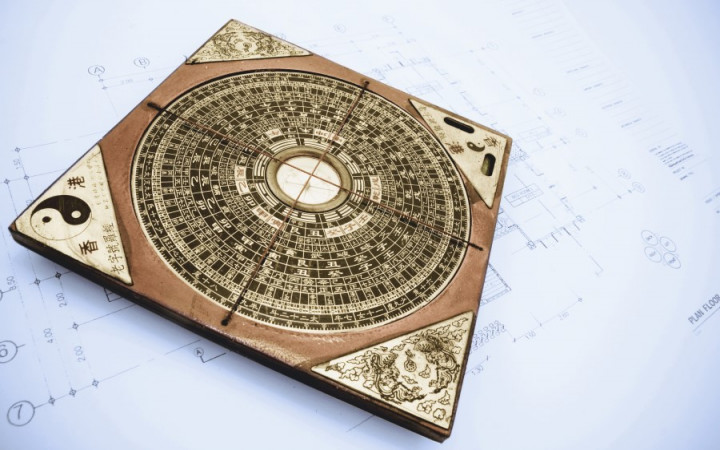Today’s Wonder of the Day was inspired by Jonah. Jonah Wonders, “What is Feng Shui?” Thanks for WONDERing with us, Jonah!
What does your room at home look like? Is it small? Big? Is it crowded with stuff, or do you have a lot of open space? Is it comfortable? Is it too hot, or too cold, or just right? Do you look forward to spending time there? Or is it just a place to sleep?
Do you want your home to feel more warm and inviting? Then try out the ancient Chinese practice of Feng Shui (pronounced “fung shway”)! Feng Shui literally means “wind-water” in English. It uses principles of Chinese astronomy to improve life.
If that all sounds confusing, don’t worry. It can be! Feng Shui has ancient origins in China. It was originally used to decide how and where to build temples and other important buildings. They considered things such as closeness to bodies of water and the orientation of the stars. This helped people decide where to build structures and what direction they should face.
For example, ancient builders may have built important buildings on a north-south axis. This helped them take advantage of natural sunlight. Some experts believe the magnetic compass was invented for early Feng Shui practitioners.
Today, Feng Shui extends to arranging interior spaces. The goal is to maximize good qi. Qi (pronounced “chee”) is a movable life force that can be either positive or negative. It plays a major role in Feng Shui.
Qi can be thought of as “energy.” Modern Feng Shui thus seeks to maximize the amount of energy or life force in an area.
For example, someone practicing Feng Shui might consider how the furniture is placed in a room. Which direction a bed faces might be very important. Likewise, even small details, such as which way a door opens, can have a big impact on the energy of a room or building.
Of course, some people believe Feng Shui is superstition. Can the interior design of a room really affect your happiness? You might never know unless you try it.
For example, do you have a bedroom window? If so and it faces east, you might receive bright sunlight first thing in the morning. Where you place your bed relative to the window could determine whether you get sunshine in your eyes early in the morning. Is this Feng Shui? Or just common sense? Maybe a little of both?
Whether or not you believe in Feng Shui, the design of your living spaces is definitely something to think about. Even those who don’t practice or believe in Feng Shui pay attention to the details of their surroundings!
Standards: CCRA.L.3, CCRA.L.6, CCRA.R.1, CCRA.R.2, CCRA.R.4, CCRA.R.10, CCRA.SL.1




